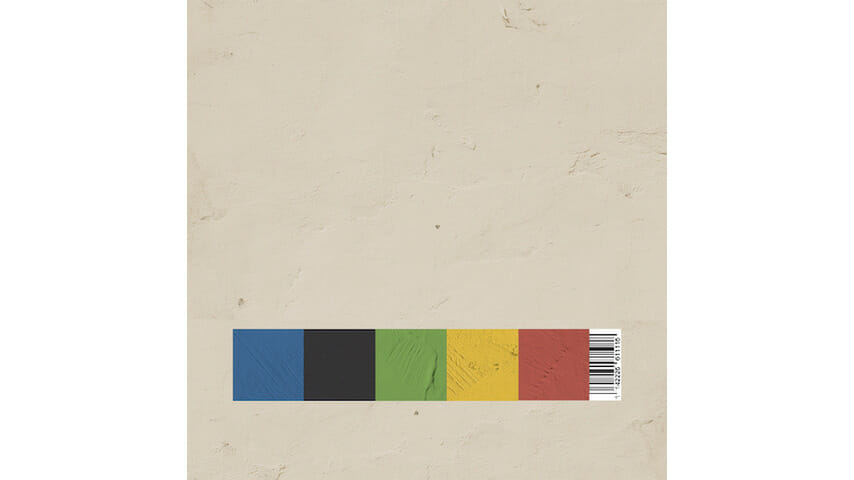John Moreland Builds a New Framework on LP5
Oklahoma singer cuts himself some slack on his latest solo album

It can feel like a let-down when a singer known for pouring his guts into unflinching songs tries a different approach, but that’s what John Moreland did on his 2017 album Big Bad Luv. The Oklahoma singer didn’t flinch, exactly, or even stop pouring out his guts, but the album felt out of step with the three solo LPs that had preceded it. There is an austerity to the songs on those releases, as if every note Moreland included was in service to the stark emotion of his lyrics, which he delivers in a gruff voice that makes them land even harder. By contrast, Big Bad Luv had a blurrier focus: Playing with a full band throughout for the first time as a solo artist meant bigger arrangements, and while they had a generic roots-rock, Americana vibe, the music didn’t always match Moreland’s sensibility, and the songs mostly lacked the visceral punch of his best work.
He finds a better balance on his latest. The songs on LP5 augment, rather than obscure, the cumulative effect of Moreland’s searing lyrics, and co-producer Matt Pence (formerly of Centro-matic, a band that had a knack for balance) helps keep the musical accompaniment nimble and varied. Opener “Harder Dreams” starts with fingerpicked acoustic guitar, and then adds clacking woodblock percussion, stutter-step drums and quiet piano. By the end, there’s even a subtle flute part intertwining with harmonica, and if that seems like unusual instrumentation for a flatland troubadour, perhaps it’s an indication of depth that had previously lain hidden in Moreland’s music.
Flute is a new one, but a Fender Rhodes sound had popped up in his earlier work. Moreland uses it particularly well here on “East October,” the warm, gleaming electric piano tone carrying the song through a hooky chorus with female harmony vocals sweetening his rusty baritone. Elsewhere, brittle, reverberating high notes on piano on “I Always Let You Burn Me to the Ground” puncture a slow, circling guitar figure while Bonnie Whitmore adds dusky harmonies and a bass part that moves in unexpected directions. Though the title sounds dire, Moreland comes off more as bemused than devastated, part of a general trend on LP5 toward cutting himself some slack.
-

-

-

-

-

-

-

-

-

-

-

-

-

-

-

-

-

-

-

-

-

-

-

-

-

-

-

-

-

-

-

-

-

-

-

-

-

-

-

-








































